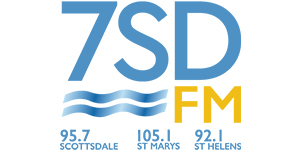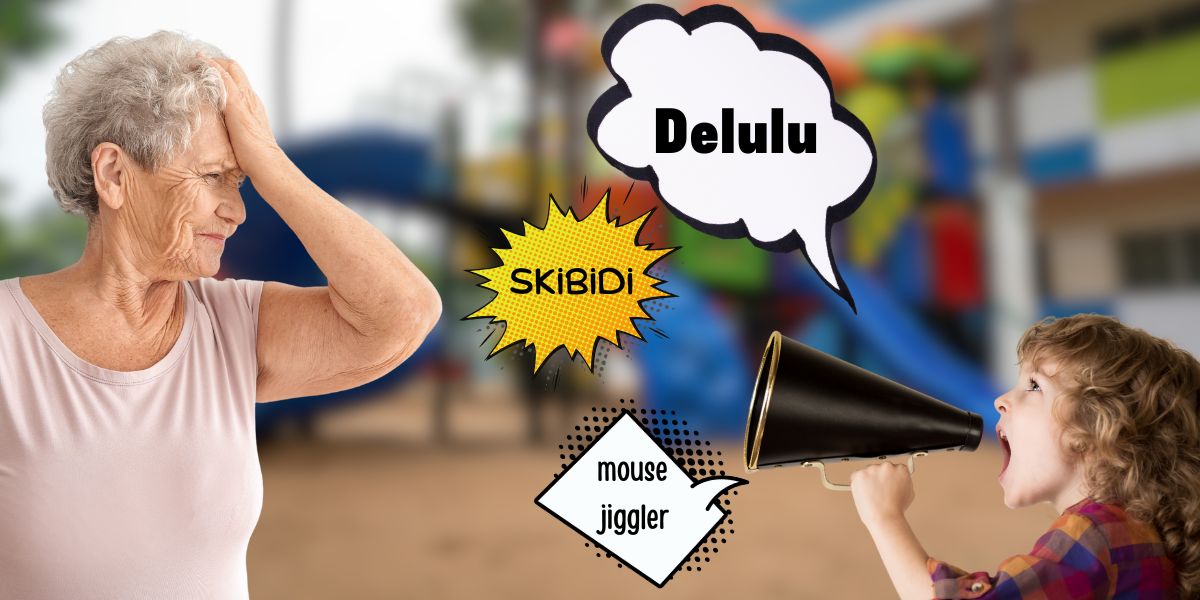The Cambridge Dictionary is set to welcome 6,000 new words this year, including slang terms that have gained popularity on social media such as “skibidi,” “tradwife,” and “delulu.”
If you’re scratching your head at these terms don’t worry, we’ve done the painstaking research for you.
“Delulu,” a playful abbreviation of “delusional,” has even made its mark in Australian politics.
A notable example cited by the Cambridge University Press comes from a 2025 speech by Australian Prime Minister Anthony Albanese, who quipped, “delulu with no solulu” during a parliamentary session before an election.
Meanwhile, “skibidi” is defined as a versatile word that can mean anything from “cool” to “bad,” or be used humorously without specific meaning. For instance: “What the skibidi are you doing?”
“Tradwife” is a shorthand for “traditional wife,” describing a married woman who embraces conventional gender roles by cooking, cleaning, and sharing this lifestyle on social media. This term has gained traction as a controversial trend on platforms like Instagram and TikTok.
Colin McIntosh, the lexical programme manager at Cambridge Dictionary, expressed his excitement about these additions, noting, “It’s not every day you get to see words like skibidi and delulu make their way into the Cambridge Dictionary”.
“Internet culture is changing the English language, and the effect is fascinating to observe and capture in the Dictionary.”
“We only add words where we think they’ll have staying power.”
Other trendy additions include “lewk,” used to describe a distinctive or standout fashion style, popularized by RuPaul’s Drag Race, and “inspo,” a shorter version of “inspiration.”
Workplace-related terms also made the cut, such as “mouse jiggler,” a tool or software that simulates activity on a computer to make it seem like you’re working, and “work wife” or “work spouse,” which refer to close professional relationships built on trust and collaboration.
A selection of innovative blended words has been included as well.
For example, “broligarchy” merges “bro” and “oligarchy” to describe a small group of wealthy, powerful men—often in the tech industry—seeking political influence.
With these additions, the Cambridge Dictionary continues to capture the evolving nature of language shaped by digital culture and modern life.









